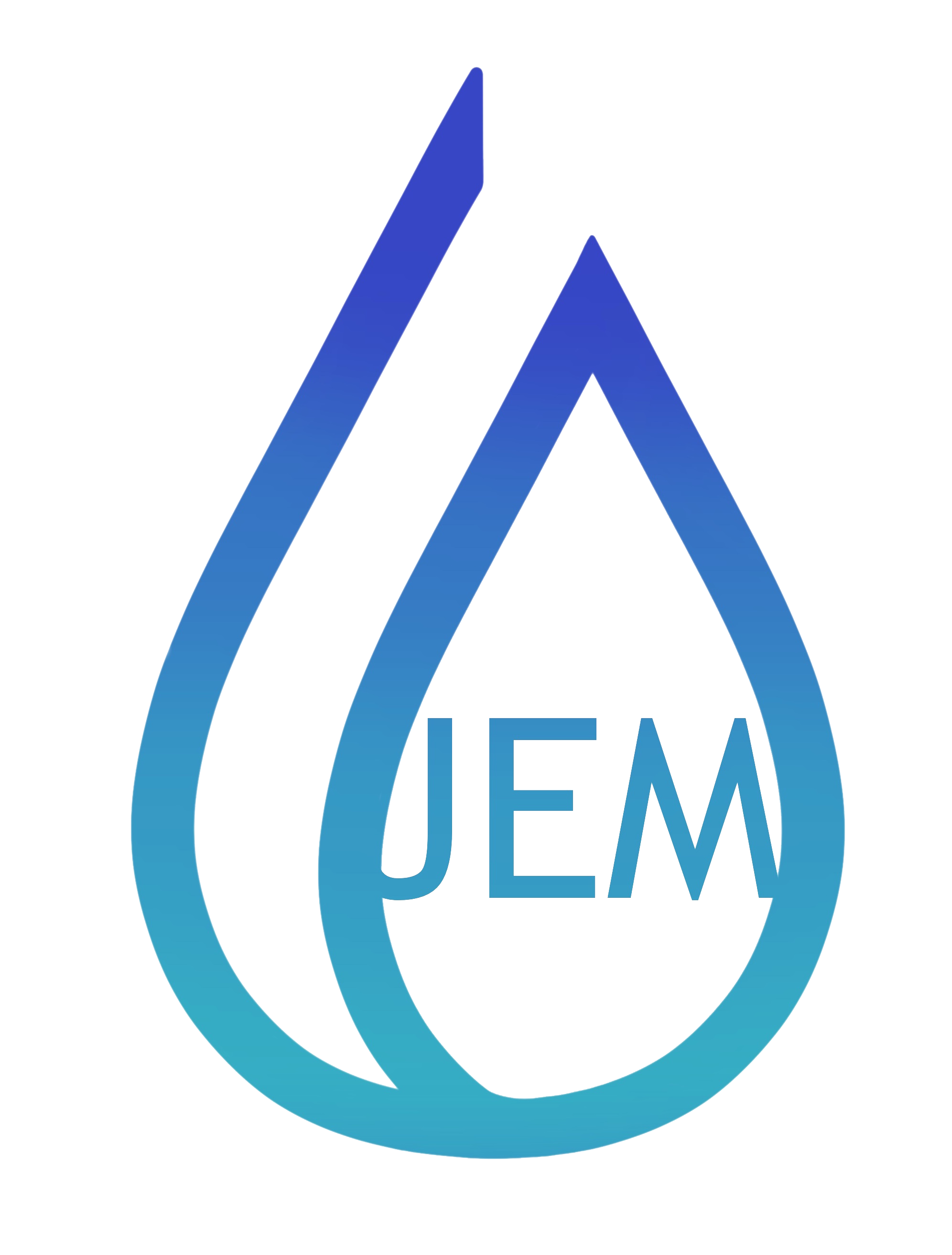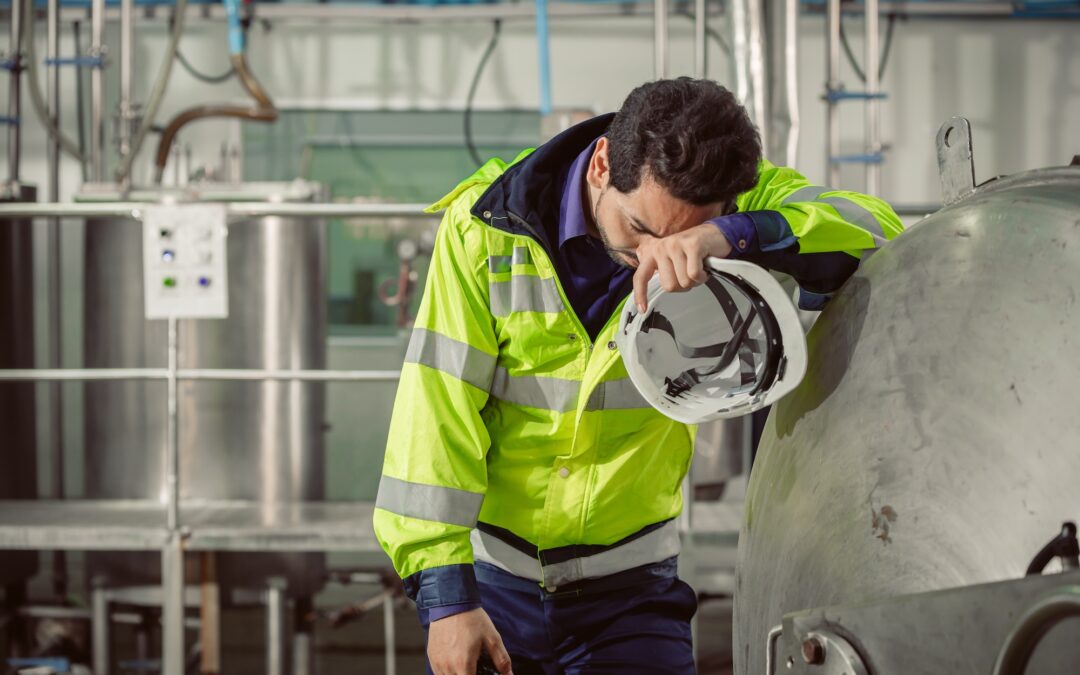Employees face stressful situations in their jobs daily. Research indicates that the workplace has been identified as the number one source of stress for American workers. A stressful work environment can contribute to several health issues. If work-related stress interferes with your health, work performance, or personal life, it’s time to take action to rectify it.
Discussion Points:
• Stressful situations employees face on their jobs daily
• The workplace has been identified as the number one source of stress
• A stressful work environment can contribute to health issues
• Managing stressful situations
• Have an organized support system
Discussion:
A stressful work environment can contribute to several health issues, including anxiety, high blood pressure, depression, obesity, insomnia, and heart disease. Components contributing to a stressful work environment include an excessive workload, deadlines, conflicting and unreasonable demands, unclear performance expectations, and little opportunity for advancement.
Learning to manage stress should be a priority. Divide projects into manageable tasks rather than taking on everything at once, set realistic goals, and think positively about the job tasks. Managing stress at the workplace should help maintain acceptable productivity levels. There is no universal standardized manual for stress prevention. Although, it is recommended
that the company develop a stress prevention program and implement guidelines. This program should include three steps: problem identification, intervention, and evaluation. Take time to educate your employees on stress management and how to balance work and life responsibilities.
Have an organized support system with the ability to turn to co-workers for support. Having a strong support group of co-workers, friends, and family is important with managing stress in the workplace and at home. When stress increases, take a break and go for a walk. Avoid scheduling tasks back-to-back; the main goal is to live a healthier, happier life and avoid the risk of burnout.
For more information about Job Stress, contact the National Institute for Occupational Safety and Health (NIOSH) or call 1-800-CDC-INFO.
As always, stay safe out there!


Recent Comments